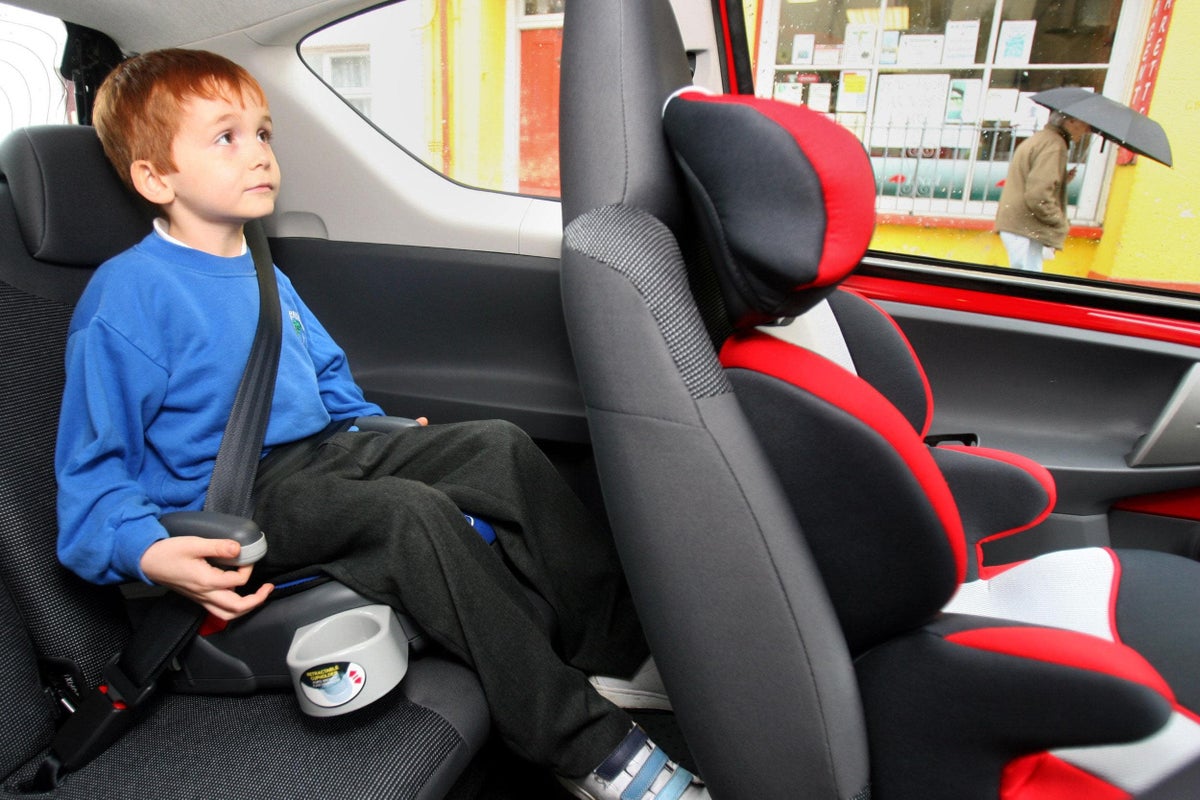
Councils in England spent £415 million more than budgeted on home to school transport in the latest available data, the pubic spending watchdog has reported.
A report by the National Audit Office (NAO) found almost half of local authorities reported annual overspends of 20% or more on getting young people to school via bus, taxi or other transport methods.
Councils reported they went £51 million over budget on home to school transport in 2015/16, and one in five reported they went over budget by 20% or more. The total overspend has now increased to £415 million in 2023/24.
Total spending on home to school transport increased by 70% between 2015/16 and 2023/24, the NAO said to hit £2.3 billion.
This rise is mostly due to increased spending on transport for young children and young people with special educational needs and disabilities (Send), which increased 106% over this period, compared with a 9% rise for transport for young people without Send.
The DfE estimates that spending on home to school transport could exceed £3 billion by 2029/30 for children of compulsory school age and below if it continues on the current trajectory.
The NAO spoke to 10 councils that had withdrawn or restricted free or subsidised transport for young people of sixth form age, children below compulsory school age or those not attending their nearest suitable school.
Sir Geoffrey Clifton-Brown, chair of the Committee of Public Accounts, said the Government’s delayed Schools white paper and Send reforms “must tackle these unsustainable expenditure rises” and ensure young people who rely on the service continue to be supported.
The number of education, health and care plans (EHCPs) increased by 166% between January 2015 and January 2025.
While pupils do not have to have an EHCP to qualify for home to school transport because of their Send, around a third with an EHCP attend special schools, which are more likely to lie further than the statutory school walking distance for them, and therefore require local authority transport.
In 2023/24, on average, transport for a child with Send cost £8,116 compared with £1,526 for transport for other reasons.
Spending has also increased as transport operators face higher fuel and wage costs, and rural areas in particular have seen a reduction in public transport services.
Association of School and College Leaders (ASCL) general secretary Pepe Di’Iasio said the union is concerned the national conversation about children with Send “has increasingly become focused on cost”.
“Let’s be clear that these youngsters often require special school provision and home-to-school transport is vital in ensuring they are able to access that support,” he said.
The Government’s Send reforms are expected to focus on how to support more children with Send in mainstream schools, which ASCL pointed out would reduce transport costs, but that they would take time to implement and many would still need to attend special schools.
The report comes after the Department for Education (DfE) published figures this week showing around 520,000 children and young people are receiving home to school transport.
Of these, the DfE estimates 40% are eligible because of Send, and around 9% of under-16 pupils with Send who receive home to school transport travel in single occupancy vehicles.
Local authorities have been facing spiralling spending on high needs. The County Councils Network warned councils are on course to “amass £6 billion in deficits by March next year”.
Councillor Bill Revans, Send spokesperson for the County Councils Network, said councils in county areas are now spending more on school transport than on youth services, family services and Sure Start centres combined.
Home to school transport is a vital service, said Paul Whiteman, general secretary at school leaders’ union NAHT, adding “it is not fair or sustainable for councils to have to go over-budget or artificially restrict transport that families rely upon.
“Doing so could harm school attendance and learning or plunge families deeper into poverty, with all the damage that can do to children’s learning.”
Munira Wilson, education spokeswoman for the Liberal Democrats, said: “Too many children are having to spend crucial time travelling out of their local area. The DfE must act and deliver on the special school pipeline so that children with Send can learn closer to home.”
A Department for Education spokesperson said: “This Government inherited a Send system on its knees, with thousands of families struggling to secure the right support.
“Work is already under way to make sure more children with Send can achieve and thrive at their local school alongside their peers – including investing £740 million to create more specialist school places and increasing access to early support for speech and language needs.
“We’ll set out the full Schools White Paper in the new year, building on the work we’ve already done to create a system that’s rooted in inclusion, where children receive high-quality support early on and at a school close to home.”
